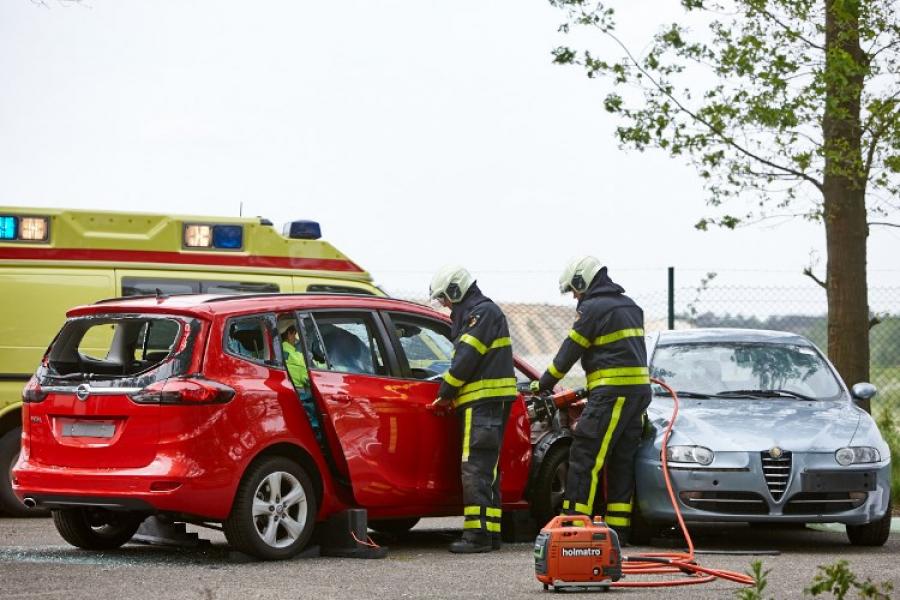The Future without Vehicle Extrication?
Over the last few years I have had many conversations about the possibility of the art of vehicle extrication becoming obsolete at some point in the future. It is something I often think about, especially when you consider how the way we travel is supposedly set to change in the coming decades.
Regional differences
With this in mind, I was recently sent a video of a crash test performed by the Insurance Institute for Highway Safety in USA. It involved a car-to-car test between a 2015 Nissan Tsuru (the least expensive sedan sold by Nissan in Mexico) and a 2016 Nissan Versa (the least expensive sedan sold by Nissan in the United States). The results can be seen in the video below and are pretty startling with the Mexican sold vehicle performing very poorly to say the least. I am keen to point out that this is not necessarily a negative reflection on the manufacturer (in this case Nissan) or indeed Mexico, but does show regional variations in vehicle construction and just how different standards and crash performance can be.
Another example
I think that we are all guilty of thinking that the automotive industry is universally way ahead of the game when it comes to construction and safety, but this is obviously far from the case, as this video clearly demonstrates. Indeed Brazil saw the compulsory introduction of frontal airbags and anti-lock braking systems as recently as January 2014; yet another example of a regional difference in progression.
The end of vehicle extricaton?
It seems that these days the automotive headlines are filled with future technologies such as autonomous cars (cars that drive themselves and communicate with each other in order to avoid collisions) and we are being conditioned to envisage a future where no one drives and we are all ‘conveyed’ by self- driving vehicles. Indeed I am often asked if I feel my job is safe due to what the future may hold. I think my job is safe for now and I honestly feel that most of the world is still a long way away from never requiring the services of professional rescuers who are trained in vehicle extrication.

Will this kind of scene be obsolete in the future?
Local chances for autonomous travel
Don’t get me wrong, I can certainly see areas in some well-developed cities where autonomous travel will become the norm, possibly within the next decade, but I do not think this is something we will see universally adopted en masse around the world. Fundamentally this will be down to the very differing rates of development and investment we see geographically around the world.
Will human nature change?
In addition, I think that the very basic human desire to drive (and be in control of) a motor vehicle will always be the overriding emotion when it comes to how we decide to travel. I am yet to meet a young person who does not aspire to reach the age where they can learn to drive and gain their own independence. So, not only would such a future require massive investment in infrastructure and technology, but it will also require a whole change in human nature; something I am not convinced is easily achieved.
Conclusion
As for vehicle extrication becoming a thing of the past; well I think our skills will be required for a long time yet. I am not convinced that autonomous vehicles are the future and the only advantage I can see from such technology is that my wife cannot tell me slow down!
As ever I welcome your comments!
Ian Dunbar